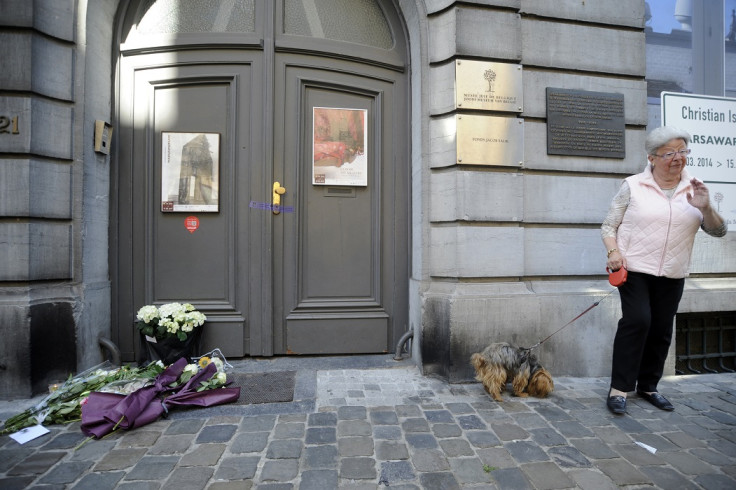Gunman Still at Large in Brussels After Shootings at Jewish Museum

Police are continuing their search for a killer in the aftermath of a suspected anti-Semitic terrorist attack in Brussels.
Three people were killed in the shooting on Saturday. Among the dead were two Israeli tourists, named by the Israeli foreign ministry on Sunday as Israeli residents Emanuel Riva, 54, and Miriam Riva, 53, a tourist couple visiting Brussels from Tel Aviv.
The third victim, also believed to be Jewish, was a museum volunteer, according to reports on Saturday night by a Belgian news site. A fourth victim, reportedly a 23-year-old employee of the museum, "is still alive but in a critical condition", deputy prosecutor Ine Van Wymersch said
Police detained one man on Saturday but he has since been released. Van Wymersch said the gunman "probably acted alone, was armed and well prepared."
The motive for the attack remains unknown, but the Belgian government has said it had the hallmarks of an anti-Semitic attack. Security has been stepped up at synagogues and Jewish institutions across Belgium.
In a statement released on Saturday evening, Israeli Prime Minister Benjamin Netanyahu strongly condemned the killings, saying they were "the result of endless incitement against the Jews and their state".
He added: "Slander and lies against the State of Israel continue to be heard on European soil even as the crimes against humanity and acts of murder being perpetrated in our region are systematically ignored. Our response to this hypocrisy is to constantly state the truth, continue a relentless fight against terrorism and build up our strength."
Around half of Belgium's 42,000-strong Jewish community lives in Brussels. Two weeks ago the Belgian minister of home affairs banned a Europe-wide meeting of far right anti-Semitic groups that was due to be held in Brussels.
Joel Rubinfeld, president of the Belgian League against Anti-Semitism, told the Financial Times that "this kind of attack was in the air".
"Over the past few years we've allowed anti-Semitic speech to run loose; it's this violent language that has armed the terrorists' guns."
The attack comes as Belgium goes to the polls in the European elections. Rubinfeld said that "the popularity of the [far-right] Front National made anti-Semitism rhetoric more acceptable; it legitimises it. This is concerning, very concerning."
In France, the interior minister said on Sunday that two Jewish men were attacked as they left a synagogue in the Paris area just hours after the Brussels shooting. Police across France have also boosted security around synagogues and Jewish establishments.
© Copyright IBTimes 2025. All rights reserved.



















